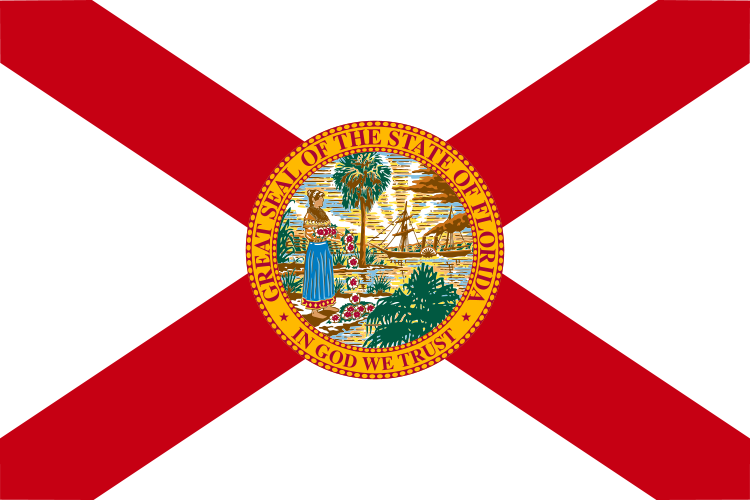The 11th U.S. Circuit Court of Appeals reversed a lower court’s decision on April 27, 2023, involving “four recently enacted provisions of Florida’s election law, including provisions that regulate ballot drop boxes, the solicitation of voters at the polls, and the delivery of voter-registration forms by third-party voter-registration organizations,” according to Judge William Pryor’s majority opinion.
These provisions were all part of Florida’s Senate Bill 90, a package of election law changes that Gov. Ron DeSantis (R) signed into law on May 6, 2021. The League of Women Voters of Florida sued the state soon after, alleging that key provisions of the law were intentionally discriminatory against minority communities.
Judge Pryor, appointed by President George W. Bush (R), wrote in the majority opinion for last month’s reversal that the “findings of intentional racial discrimination rest on both legal errors and clearly erroneous findings of fact…”.
The U.S. District Court for the Northern District of Florida struck down these provisions on March 31, 2022, and ordered the state to submit to federal preclearance for all election law changes for the next ten years. Judge Mark E. Walker, appointed by President Barack Obama (D), wrote in the majority opinion that the S.B. 90 provisions would disproportionately affect minority voters in violation of the Fourteenth and Fifteenth Amendments and the Voting Rights Act.
After this reversal, the following S.B. 90 provisions will be enforced:
- Voters requesting mail-in ballots (in person, in writing, or by telephone) must provide either their Florida identification card numbers or the last four digits of their Social Security numbers. In addition, mail-in ballot request forms will be effective for one election cycles instead of two.
- Drop box locations anywhere other than the office of the county supervisor must only be open during early voting hours and must be secured by the in-person monitoring of an employee of the supervisor’s office.
- Third-party voter registration organizations must deliver all collected applications to the division or supervisor of elections in the counties where the applicants reside within 14 days. Applications can no longer be submitted to any supervisor of elections.
- Any activities with the intent or effect of influencing a voter are barred within 150 feet of a drop box or the entrance to a polling place.


